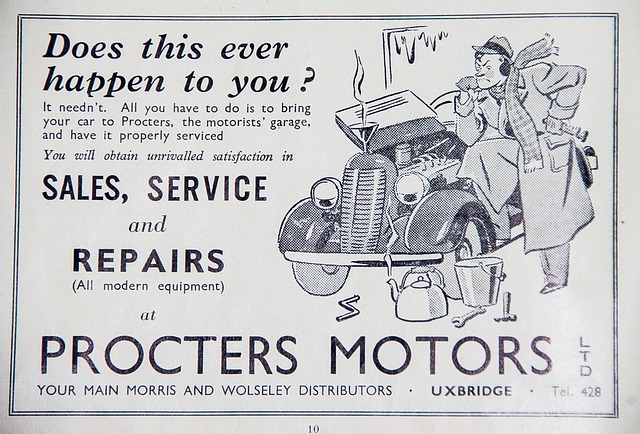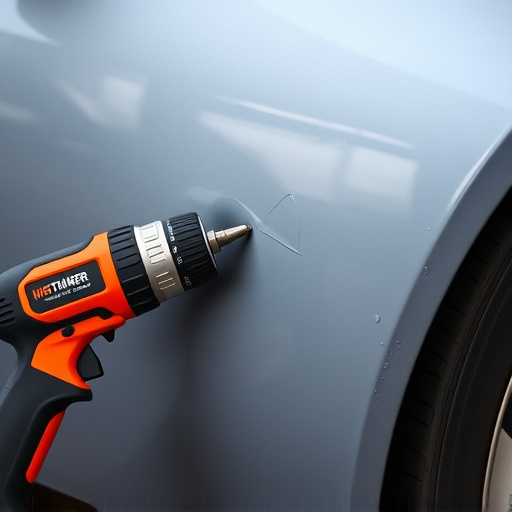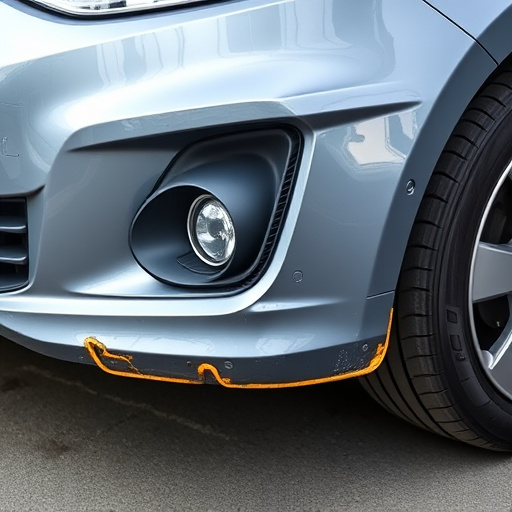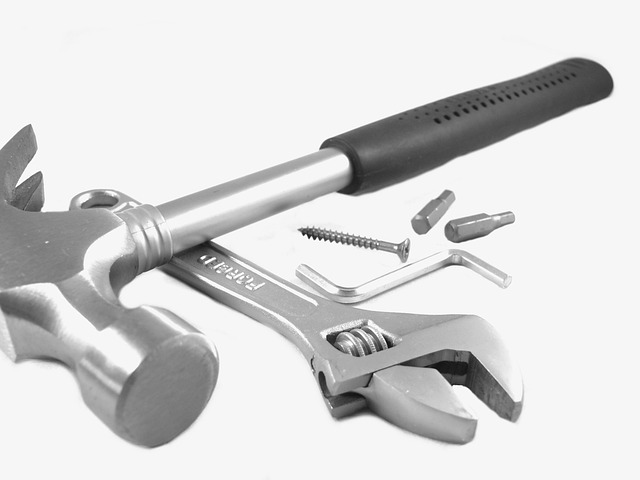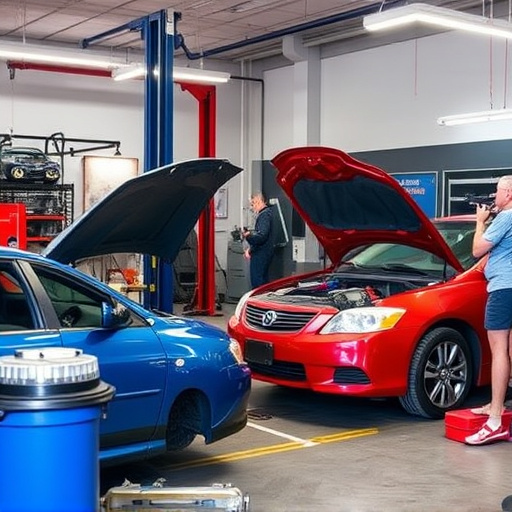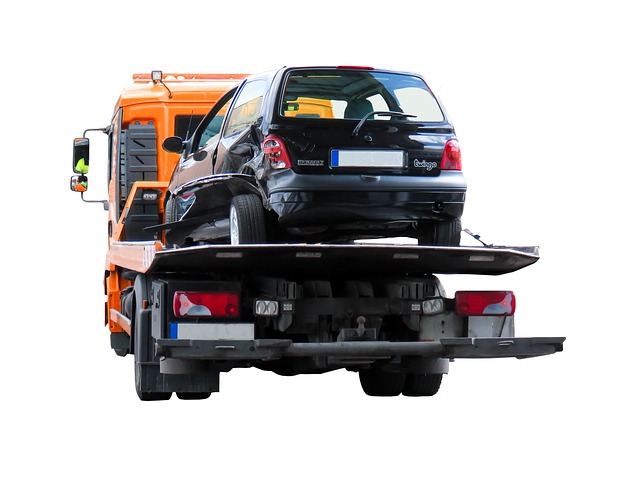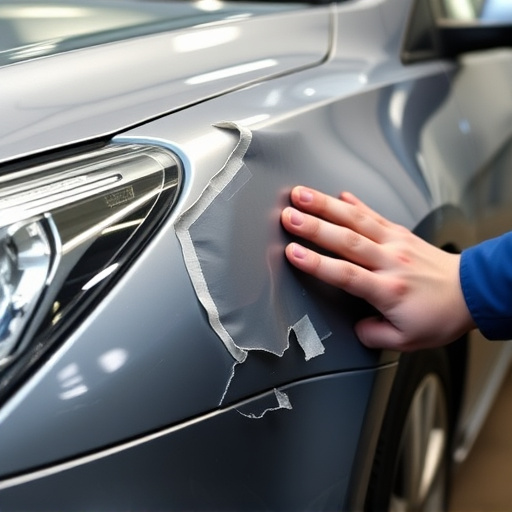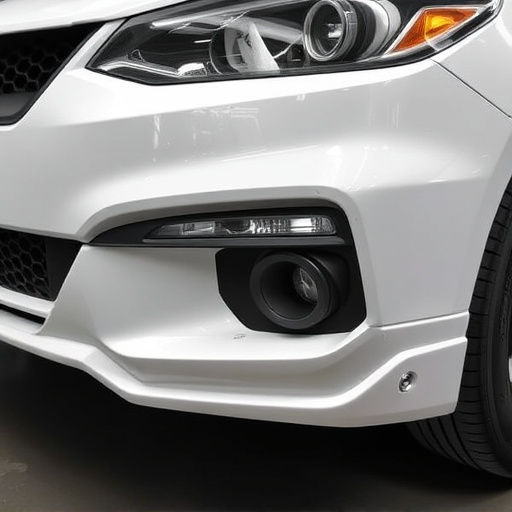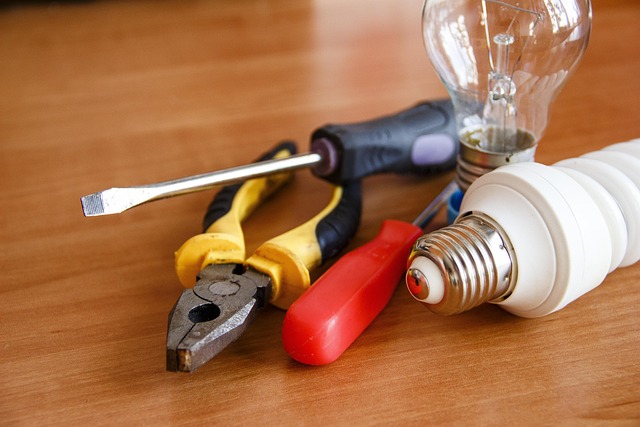Vehicle restoration services increasingly prioritize minimizing environmental impact through eco-friendly practices like using low-VOC paints and recycled materials, efficient waste management, and non-toxic chemicals. This shift fosters sustainability, conserves resources, reduces pollution, and promotes a circular economy while setting industry standards for greener operations.
In today’s environmentally conscious era, understanding the environmental impact of vehicle restoration services is more crucial than ever. This article explores the significant role that eco-friendly practices play in the automotive industry, focusing on how restoration facilities can minimize their carbon footprint while maximizing sustainability. We delve into best practices, sustainable materials, and disposal techniques, offering insights for a greener future in vehicle restoration services.
- Understanding Environmental Impact in Vehicle Restoration
- Best Practices for Eco-Friendly Restoration Processes
- Sustainable Materials and Disposal Techniques in Auto Shops
Understanding Environmental Impact in Vehicle Restoration
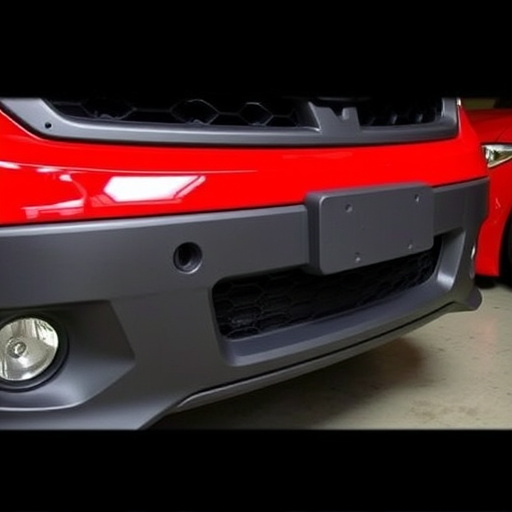
In the realm of vehicle restoration services, understanding the environmental impact is no longer a secondary consideration but a crucial aspect that defines best practices. As these facilities delve into intricate processes like vehicle dent repair, auto glass repair, and car dent removal, they must navigate the delicate balance between revival and sustainability. Every step, from acquiring materials to disposing of waste, contributes to a broader ecological footprint, demanding mindful approaches.
The environmental impact of vehicle restoration extends far beyond the immediate workshop walls. It encompasses everything from energy consumption and chemical usage in painting and detailing to the management of hazardous waste generated during repairs. By adopting eco-conscious practices, such as utilizing low-VOC paints, recycling materials where possible, and implementing efficient energy systems, these facilities not only minimize their environmental footprint but also set an example for the industry, promoting a greener future for vehicle restoration services.
Best Practices for Eco-Friendly Restoration Processes

In the realm of vehicle restoration services, embracing eco-friendly practices is no longer an option but a necessity. By integrating sustainable methods, facilities can significantly reduce their environmental impact while still delivering top-notch car body repair and vehicle body shop services. One of the best practices involves utilizing environmentally friendly materials and products. This includes low-VOC (volatile organic compound) paints and finishes that not only minimize air pollution but also ensure a healthier workspace for employees. Additionally, using recycled or biodegradable parts and supplies can further enhance the sustainability of restoration processes.
Another crucial aspect is proper waste management. Effective recycling programs should be implemented to handle scrap materials, including metal, plastic, and glass from car scratch repair processes. Proper disposal and recycling of these materials can significantly reduce landfill contributions. Moreover, water conservation strategies, such as using water-based cleaning solutions and implementing closed-loop systems for paint spraying, play a vital role in minimizing the environmental footprint of vehicle restoration services. These practices not only contribute to a greener planet but also reflect a commitment to responsible business operations within the automotive industry.
Sustainable Materials and Disposal Techniques in Auto Shops

In vehicle restoration services facilities, a growing emphasis is being placed on adopting sustainable materials and disposal techniques to minimize environmental impact. Eco-friendly practices such as using recycled metal, biodegradable plastics, and non-toxic chemicals for car dent removal are becoming increasingly common. These materials not only reduce pollution but also contribute to a more circular economy by extending the lifespan of resources.
Moreover, auto shops are employing innovative methods for disposal, including proper recycling programs for automotive parts and fluids. For instance, instead of simply discarding used motor oil, many repair centers now offer collection services for proper refining and reuse. Such initiatives ensure that even the most challenging aspects of auto repair near me, like Mercedes Benz collision repair, can be conducted in an environmentally responsible manner. This trend reflects a broader industry shift towards greener operations, beneficial not just for the planet but also for maintaining customer trust in these vehicle restoration services.
Vehicle restoration services facilities play a crucial role in minimizing environmental impact through adopting eco-friendly practices. By understanding the environmental consequences of their operations, implementing best practices, and utilizing sustainable materials and disposal techniques, these shops can contribute to a greener future. These measures not only benefit the planet but also enhance the reputation of vehicle restoration services in today’s environmentally conscious world.
